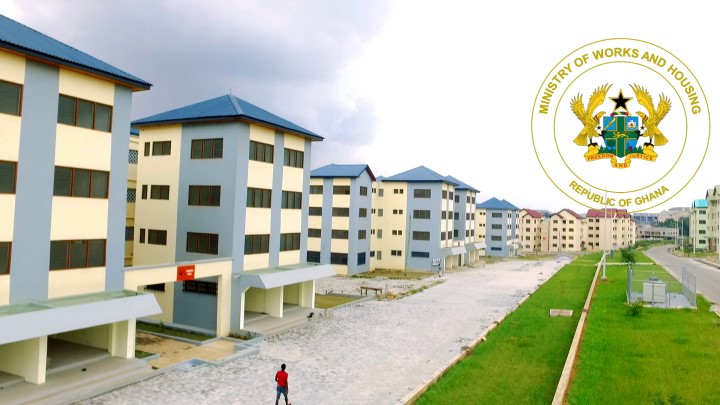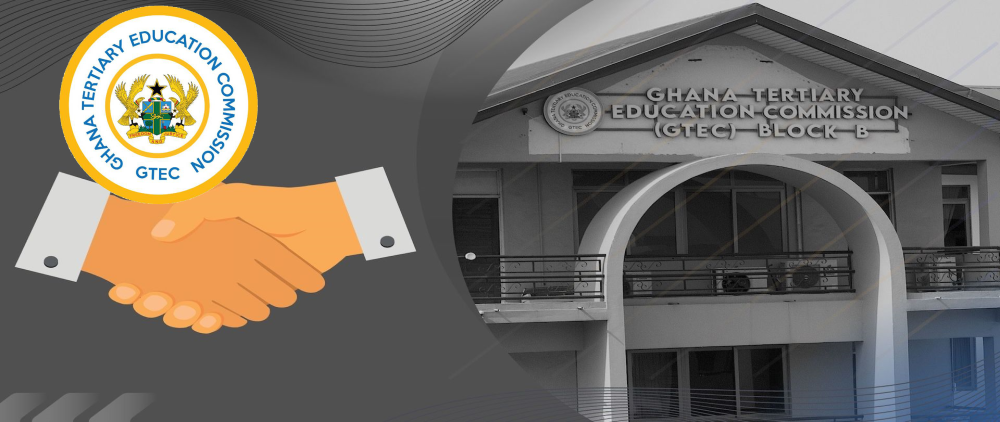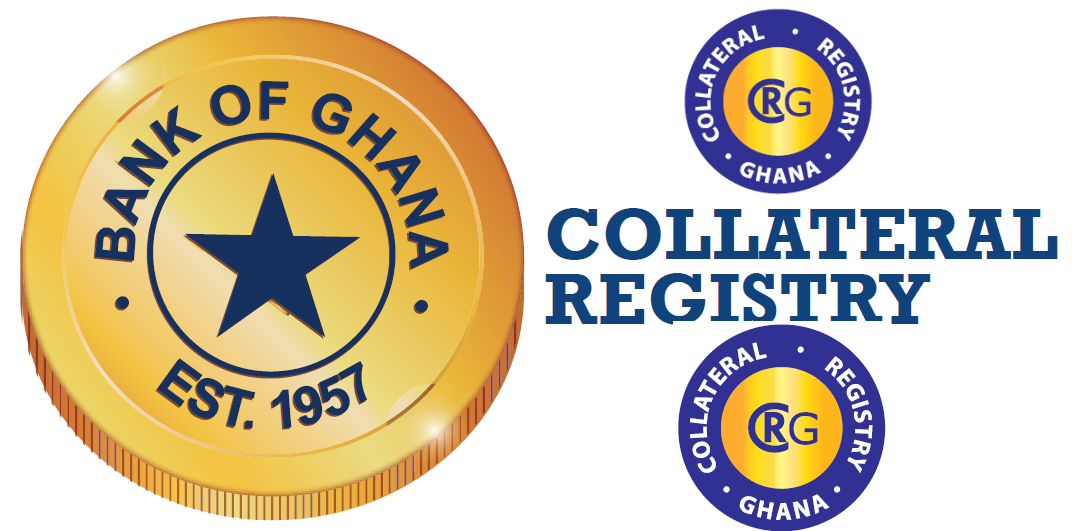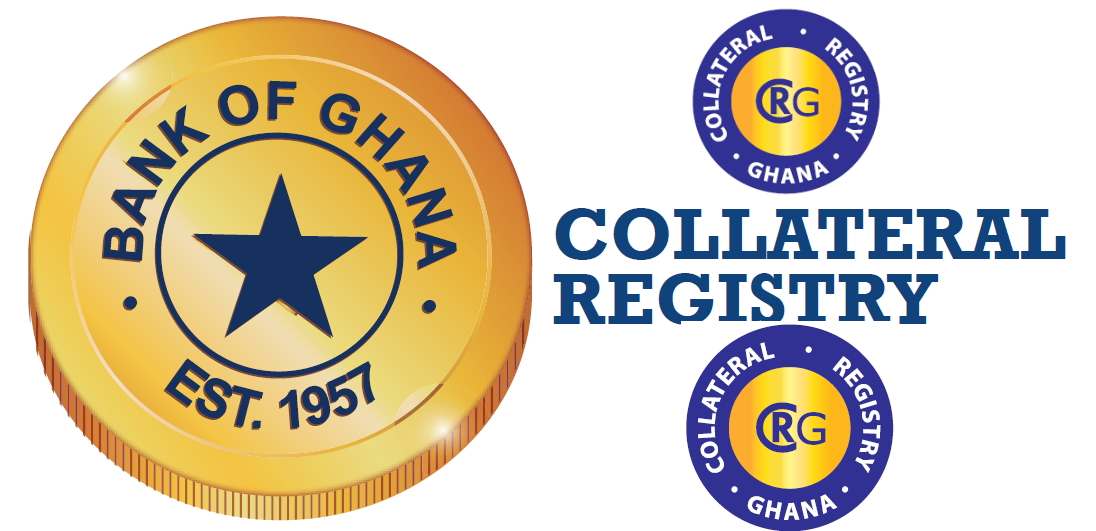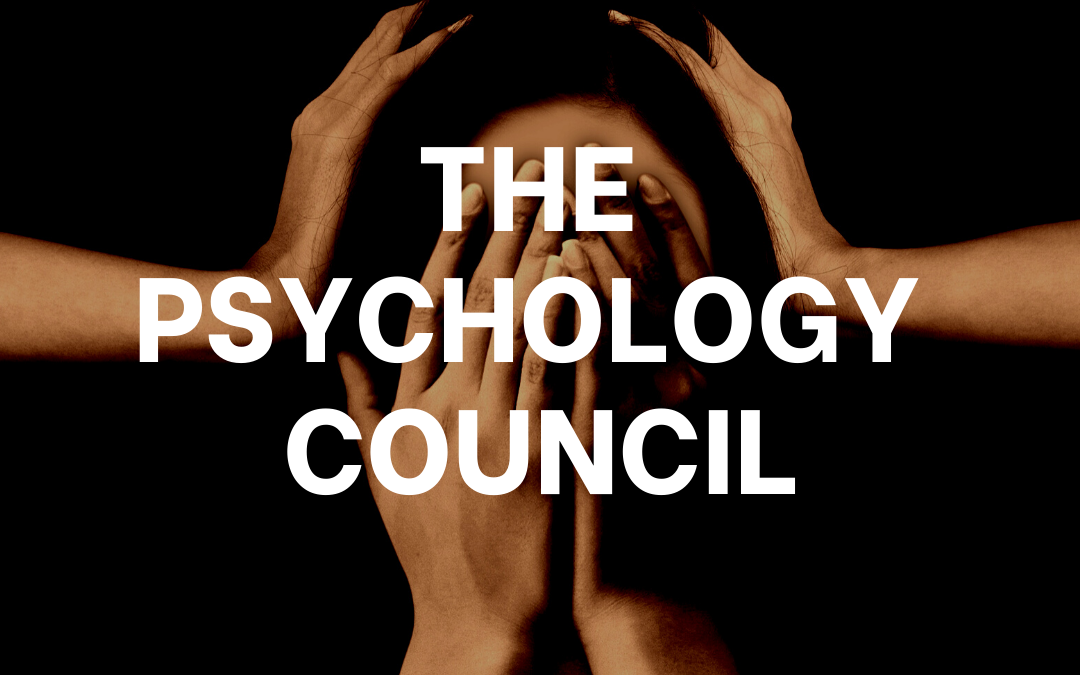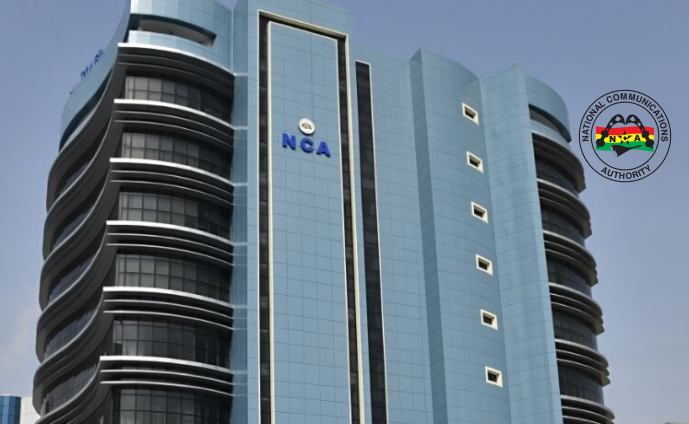
National Communications Authority – NCA
Our Regulator for today is the National Communications Authority (“NCA”). NCA is governed by the National Communications Authority Act 2008 (Act 769) and the Electronic Communications Act 2008 (Act 775) (the “Acts”) and it is responsible for authorising and licensing operators of Communication Systems and Services.
The institutions that are required to register with NCA are as follows:
- Mobile network operators;
- Internet service providers;
- Broadband wireless service providers;
- Radio station operators; and
- Television station operators.
The NCA is mandated by the Acts to authorize and licence the above institutions and a person cannot operate within the industries listed above unless they obtain a license from the NCA. A license shall be stated in the licence and it is subject to renewal upon expiration.
Failure to register with the NCA before commencing operations is an offence punishable by a term of imprisonment of not more than 5 years or a fine of at most GHS 108,000 or both.


